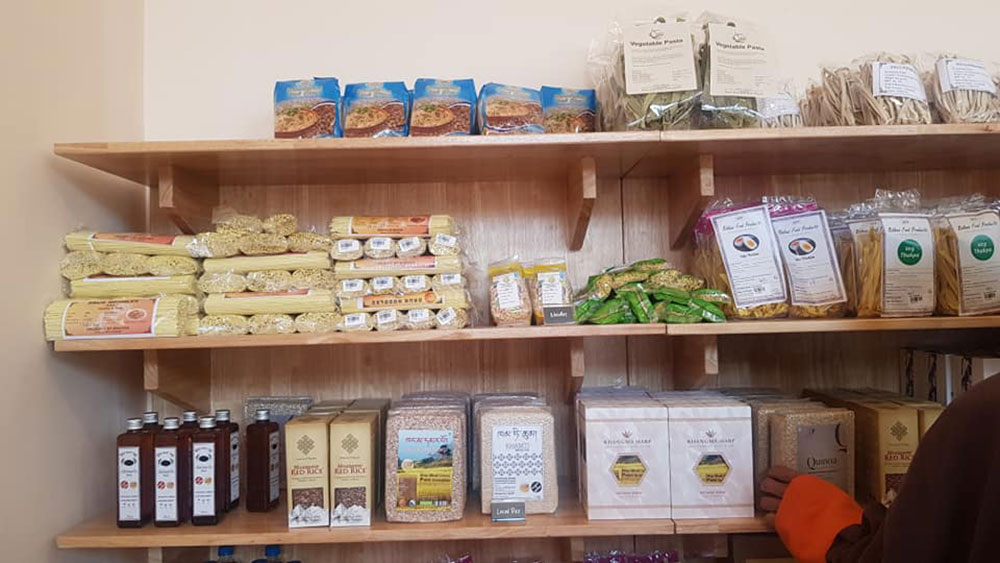… MoEA officials claim reality is different
MB Subba
The number of cottage and small industries (CSIs) decreased in 2021 from last year despite various initiatives for their growth in the economy.
As of June end, there were 20,582 licensed CSIs in the country, generating employment for more than 90,000 people, according to the cottage and small industries report 2020-21. In the same month last year, the number of licensed CSIs was 21,813.
However, officials said that the decrease could be attributed to late renewals due to the Covid-19 situation as not all could use the online renewal system and that many could not apply for new licenses.
Economic Affairs Minister Loknath Sharma said that licenses that might not have been renewed would become invalid if they don’t renew within six months from the date of expiry. The numbers reflected in June, he added, were that of valid licenses only.
According to lyonpo, the number of CSIs had increased to 21,619 on August 11. This is still almost 200 CSIs less compared to that of June last year.
Some observers said that some of the CSIs have suffered losses and closed their businesses due to reasons, including the pandemic.
Lyonpo said that the ministry issued a total of 3,998 new CSI licenses from July 2020 to June 2021. He added that 1,132 licensed cottage industries were not included in that report and that the numbers had not decreased in real terms.
CSIs, which are categorised into the three sectors of Production and Manufacturing (P&M), service and contract, account for about 95 percent of the total industries in the country.
The service sector constitutes 80 percent of the total CSIs followed by the P&M sector with 12 percent and the contract sector with 8 percent.
The report acknowledges that the creation of an enabling business environment is a prerequisite for promoting the robust growth of CSIs in the country.
The ministry in May initiated an “allow first and regulate later” approach towards CSIs where aspiring entrepreneurs can apply online for registration of new CSIs. The existing CSIs are also being encouraged to switch to the online registration system.
As part of the initiative, 775 cottage scale entrepreneurs availed the online registration service, out of which 460 are existing cottage scale industries who migrated from the current licensing regime to the online registration system, according to the department of trade.
A vast majority of CSI entrepreneurs, according to the report, lack the required business skills.
“This is mainly due to the fact that they have limited resources to invest in capacity development or are ignorant of its importance,” the report states.
It stated that such a deficit constitutes one of the primary reasons for low productivity and poor growth of the sector.
The establishment of business startup centres is one of the initiatives undertaken by the government to address the issue.
Access to the market has been identified as one of the issues facing CSIs. The geographical location and the limited range of products that meet international standards are some of the barriers to getting their products to the international market.
The Cottage Small and Medium Industry Policy 2012 was revised and launched as the new Cottage and Small Industry Policy in 2019.
Edited by Tshering Palden


